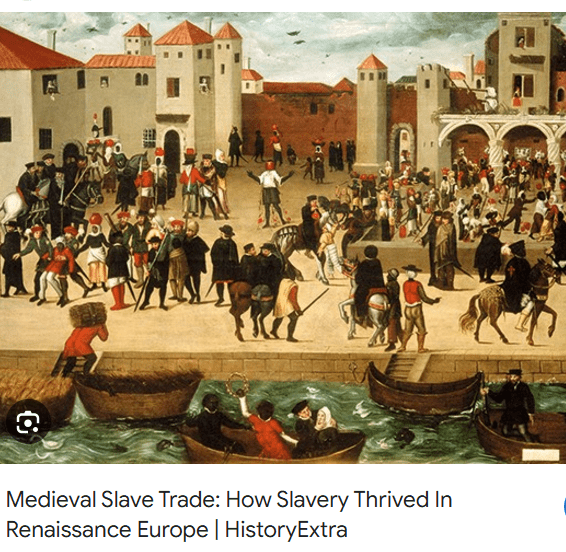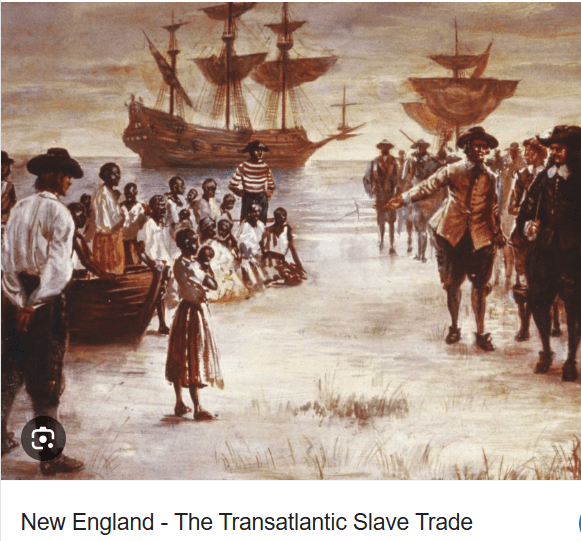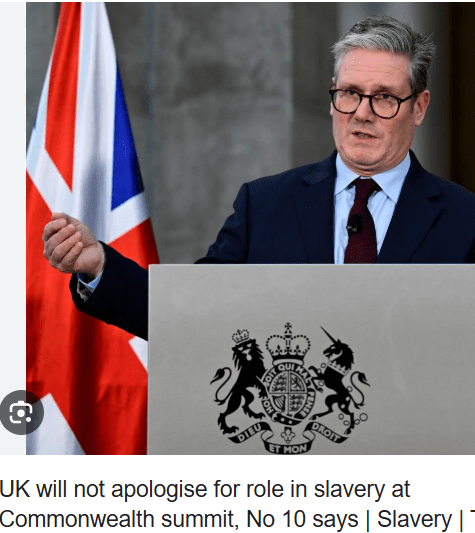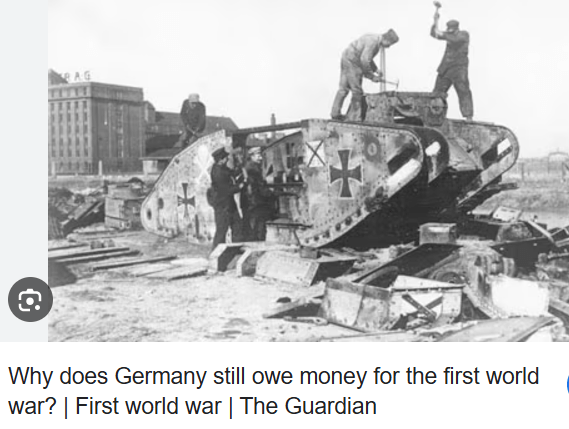The last Discussion Group meeting this year was last Friday, November 29th.
The discussion was divided into two parts – one about reparations for slavery and another part about reparations and compensation for past wars.
The subject of reparations for slavery has a long history, but to date no reparations have been paid by Western countries to those countries that were subjected to slavery, mainly African and the Caribbean.
One of the main points is that it happened a couple of hundred years ago and there is no-one alive today who was involved in the slavery trade or was a slave. Their great-grandchildren today have nothing in common with slavery. As one of our participants said, there has never been in our history any advanced society which hasn’t been built on slavery. Another comment was that in many cases, Kings of specific African areas and Chiefs of tribes sold their own people to European slave merchants. It was a totally legal trade at that time and both sides benefited from the deal.

Of course, there were a lot of cases when coastal villages were attacked by pirates and corsairs and people living in these areas were taken by force to be put on sale in overseas markets
But as another member noted, in the USA a lot of tensions are based on the history of slaves. Even today their descendants feel discrimination and injustice in some instances is still carried out.
Interestingly only a few countries have been approached for reparations for slavery – the US, UK and France have all been asked for reparations but the biggest European slave trader was Portugal and they have yet to be asked for any. It was interesting to note that the only slavery reparations made by Britain were to the British slave traders after the trade was banned by the government in the 1830’s. The British government paid the traders the sum of 20 million pounds which at that time was 40% of the British annual budget.

We talked about possible forms of reparations or compensations and the majority of our members agreed that an official apology should be issued and different social programs implemented, but we rejected any possibility of paying money today to the affected countries.

Another big and more recent package of reparations we discussed was about wars. War reparations are compensation payments made by the losing side to the winning side after a war, to cover damage or injury inflicted during the conflict. Even though there is a legal base for war reparations in modern international law (Article 3 of the Hague Convention of 1907) in reality the amounts to be paid, terms and other conditions are determined by the winners.
Germany is one such country which paid reparations for almost a hundred years after the end of WW1 and then again for WW2.

In 2015, they stopped paying for WW1 and it was shown that they had paid some 82 billion euros in reparations. Today, some 1.4 billion euros is put into the German budget every year to pay the Jews who suffered in the Holocaust, the majority of whom live in Israel.
Both Japan and Italy have also paid many millions of USD to countries that suffered under their control in WW2.
The US and the UK have never paid war reparations.

Despite the existence of international laws and organisations, enforcement of their decisions is particularly challenging when there are power imbalances between states. Countries with more military power, economic and political capital often evade international responsibility for their actions.
